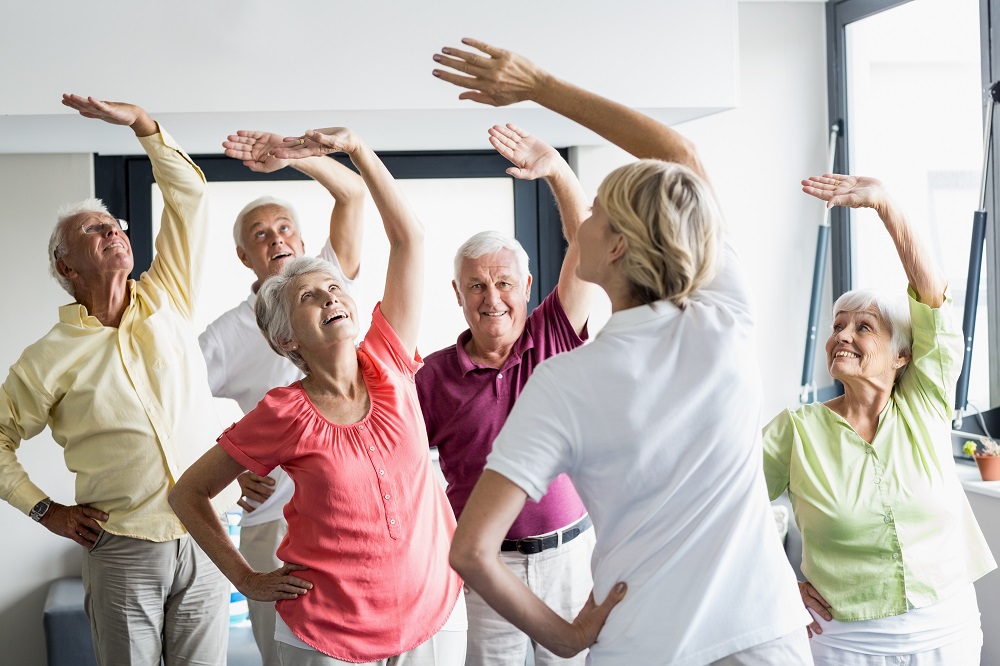
How to avoid isolation and stay safe in retirement
It’s a common enough scenario facing many older Australians: you find yourself living alone, due to divorce or the death of a partner, and the kids have moved away – often interstate or overseas – leaving you with no close family nearby. If this describes your situation, both you and your family might be worried about how you’ll stay safe in retirement.
According to the Australian Bureau of Statistics, around one quarter of all Australian’s aged 65 and over live alone, and while you may consider being independent a hallmark of ageing well, avoiding social isolation in retirement is important, and not just to avoid loneliness.
Being part of a community and having a purpose can be key to a happy, healthy life regardless of your age. Research has found that people who are socially isolated are at a higher risk of cardiovascular disease, infectious illnesses, cognitive deterioration and earlier death.
And remaining connected as you get older can also be important for your safety, as a network of contacts can help to monitor your health and wellbeing.
Ways to avoid isolation and stay safe
- Join a club that gets together on a regular basis to meet with people who have common interests, such as your local golf, tennis or bowls club, or Rotary or Probus club.
- Look into programs for seniors run by the local council, such as book clubs, or council-run courses to learn new skills.
- Find out if you have a local Men’s Shed which run a variety of skill-based classes, such as cookery or woodwork. (Visit their website at mensshed.org).
- Have a scheduled, regular catch-up with a friend or group of friends.
- Have a standing check-in with a family member, such as a fortnightly dinner or nightly phone call.
- Getting to know your neighbours can provide an excellent safety net and informal monitoring of both your wellbeing and the security of your home.
- Look into services that can put you in touch with volunteer visitors, such as the Community Visitors Scheme, which is available for people receiving home care packages through the government, or the Old Mate campaign. (Visit their website at oldmate.org.au).
- If you have medical issues, are susceptible to falls or just want some extra peace of mind, invest in a personal or medical alarm. When triggered, this sends an emergency alert to pre-set mobile phone numbers or a 24-hour monitoring service.
Consider your living arrangements
If you’d like to remain living at home, but health or mobility issues are making things a little more challenging, consider using Meals on Wheels or another in-home community care service. They can provide help with tasks like shopping, cleaning and gardening, plus regular check-ins on your wellbeing, so you can remain in your home for longer.
You could also consider making modifications to your home such as adding shower rails, hand rails, ramps or an emergency alarm.
To prevent losing touch with the community you could consider your retirement living options – if you’re a social being, perhaps you’d rather be in a retirement community than at home alone?
Or if a friend is in the same situation as you, consider moving in together. Not only would you have live-in company, but by splitting the costs of housing and bills you’d both save money too!
More options
If you feel like you need more advice, either for yourself or a loved one, visit the Government’s My Aged Care website (www.myagedcare.gov.au) to learn more about aged care options.
Source: AMP.



